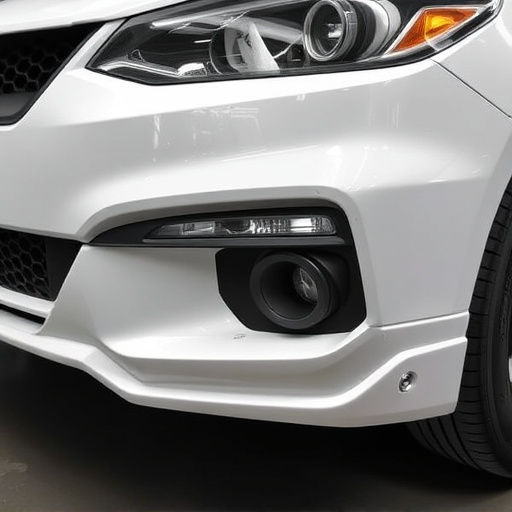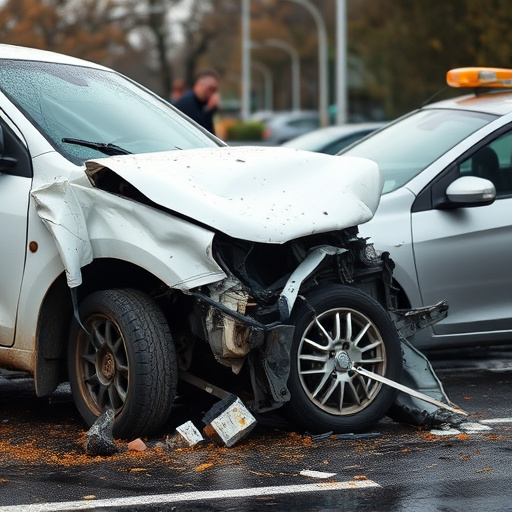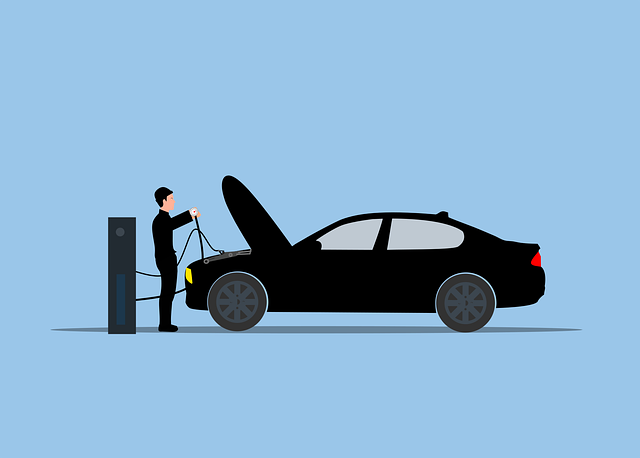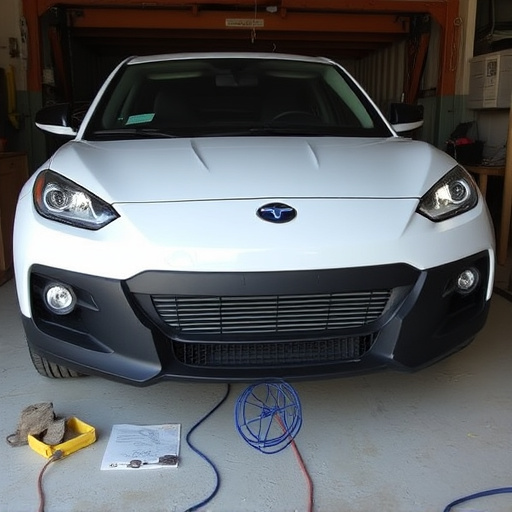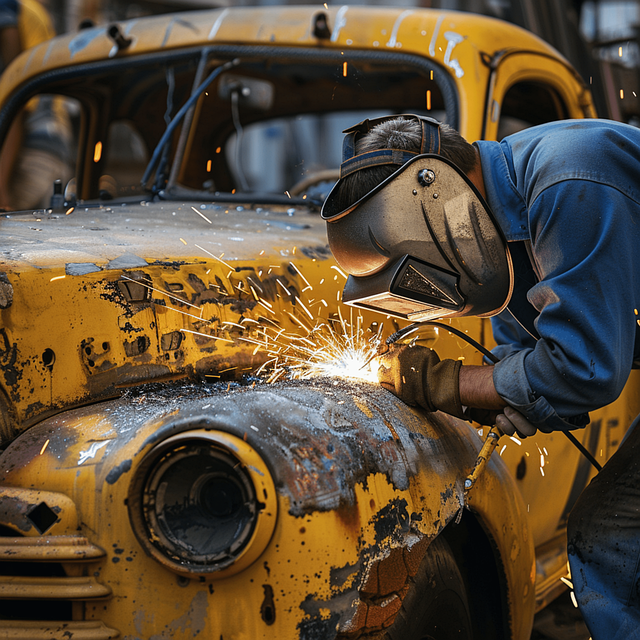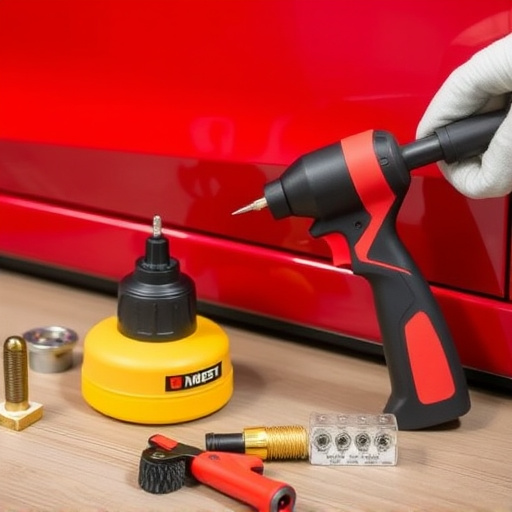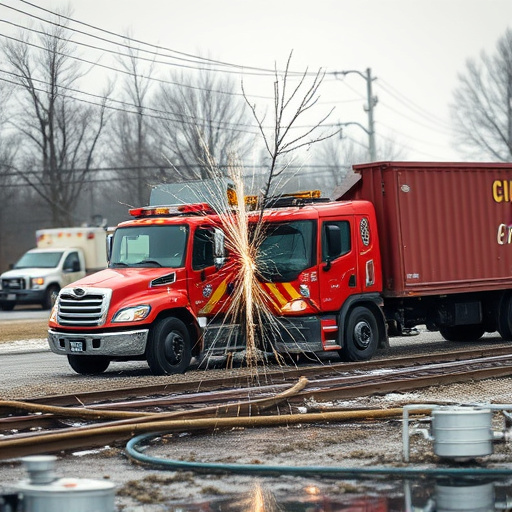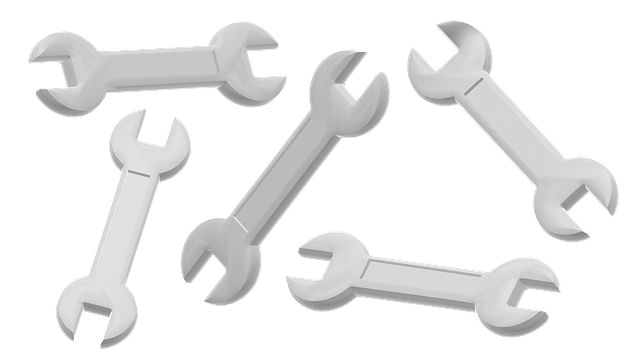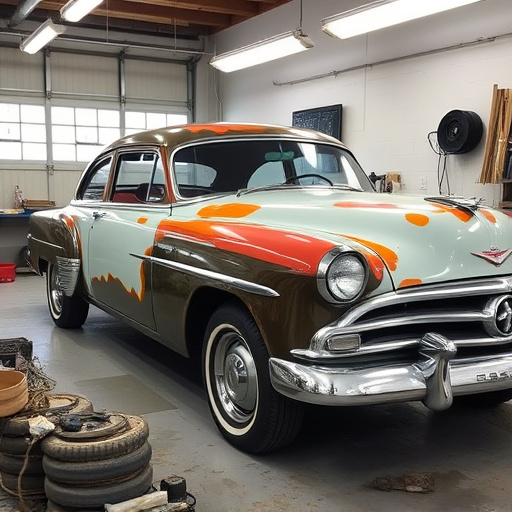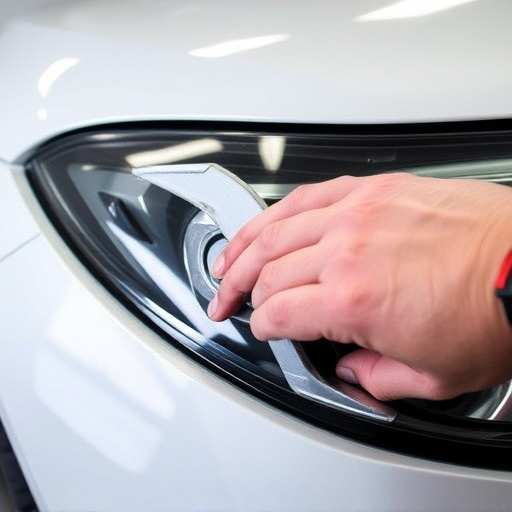Collision repair insurance approval is a complex, time-intensive process involving multiple stakeholders and stringent verification. Delays result from communication gaps, bureaucratic procedures, and varying shop quality/pricing. Auto body shops can optimize this process through strategic communication (maintaining open lines with customers and insurers) and digital tools (using platforms for real-time data sharing), enhancing efficiency in auto painting and body work while building trust.
When delays occur with collision repair insurance approval, it can be a frustrating experience for both policyholders and mechanics. This article delves into the root causes of these delays, from paperwork mishaps to complex claim assessments. We explore common scenarios that lead to insurance holdups and equip readers with strategic solutions to navigate these challenges smoothly. Understanding these issues is key to ensuring swift collision repair processes, minimizing stress, and maintaining a seamless experience throughout the entire restoration journey.
- Understanding Collision Repair Insurance Approval Delays
- Common Causes of Insurance Delay in Collision Repairs
- Strategies to Efficiently Manage and Overcome Collision Repair Insurance Approval Issues
Understanding Collision Repair Insurance Approval Delays

When delays occur with collision repair insurance approval, it’s crucial to understand the factors at play. Collision repair insurance approval is a multifaceted process involving multiple parties—insurance providers, auto repair shops, and regulatory bodies. Each step requires verification and documentation, which can introduce lag times into the overall timeline. For instance, insurance companies may request additional information or photos to assess the damage accurately, leading to delays.
Moreover, complex claims or unique vehicle models might necessitate specialized knowledge and parts, further complicating the process. Auto repair services specializing in vehicle body repair are often tasked with navigating these labyrinthine approval processes, ensuring that every detail aligns with insurance standards. Patience and clear communication between all parties are essential to overcome these delays, ultimately facilitating a smoother recovery for vehicle owners after a collision.
Common Causes of Insurance Delay in Collision Repairs

Delays in collision repair insurance approval can be frustrating for both car owners and repair shops. Understanding the common causes behind these delays is crucial for a smoother process. One significant reason is communication gaps between policyholders, repair facilities, and insurance providers. Misunderstandings or missing information about the extent of damage, required repairs, or pre-approved estimates can lead to backlogs and further complications.
Another frequent cause is the intricate bureaucracy involved in insurance claims processing. Verifying coverage, checking deductibles, and coordinating with various stakeholders can take time, especially when dealing with complex vehicle collision repair cases. Moreover, differences in pricing and work quality between repair shops may also trigger delays, as insurers strive to ensure that claims are settled fairly and accurately, aligning with industry standards for auto body restoration or car collision repair.
Strategies to Efficiently Manage and Overcome Collision Repair Insurance Approval Issues

When delays occur with collision repair insurance approval, it’s crucial to implement strategies that streamline the process and ensure timely completion of vehicle restoration. The first step is clear communication. Auto body shops should maintain open lines with their customers and insurance providers, explaining procedures, expected timelines, and any potential hurdles. Regular updates can alleviate anxiety and foster trust.
Additionally, utilizing digital tools for documentation and tracking can significantly enhance efficiency. Digital claim management platforms enable real-time data sharing, reducing paperwork and manual errors commonly associated with traditional methods. This not only expedites the approval process but also facilitates better coordination between all parties involved in auto painting and body work.
Delays in collision repair insurance approval can significantly impact both customers and repair shops. By understanding common causes such as complex claim assessments, documentation issues, or communication breakdowns, individuals can proactively manage these challenges. Implementing strategies like maintaining thorough records, staying in constant communication with insurers, and seeking assistance from experts can streamline the process, ensuring faster and more efficient collision repair insurance approvals.
